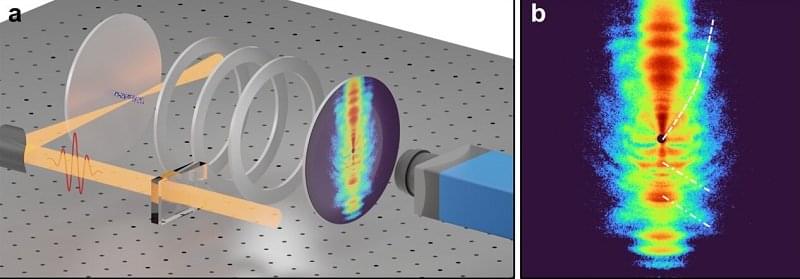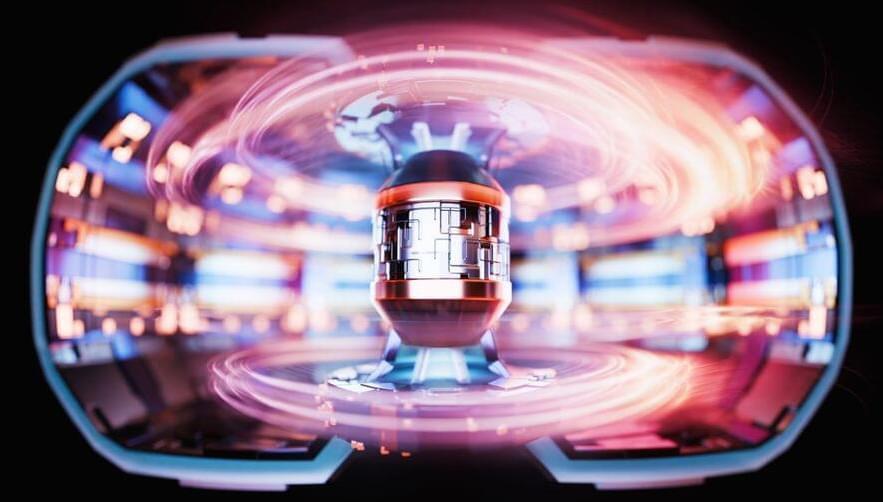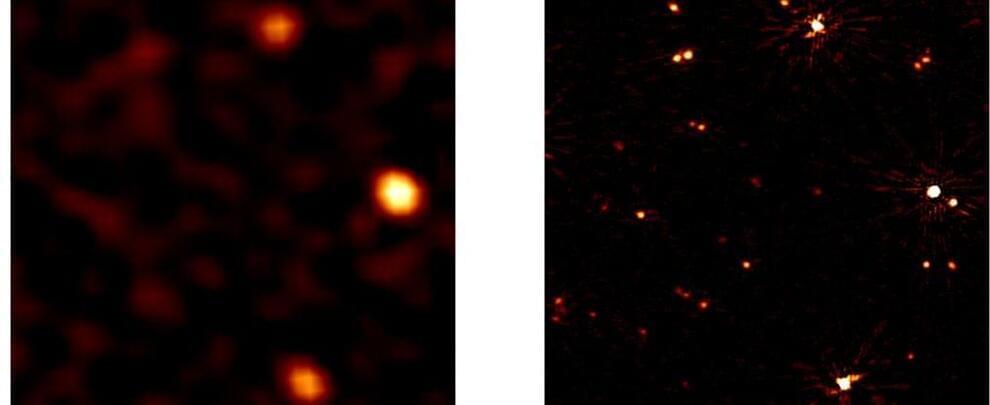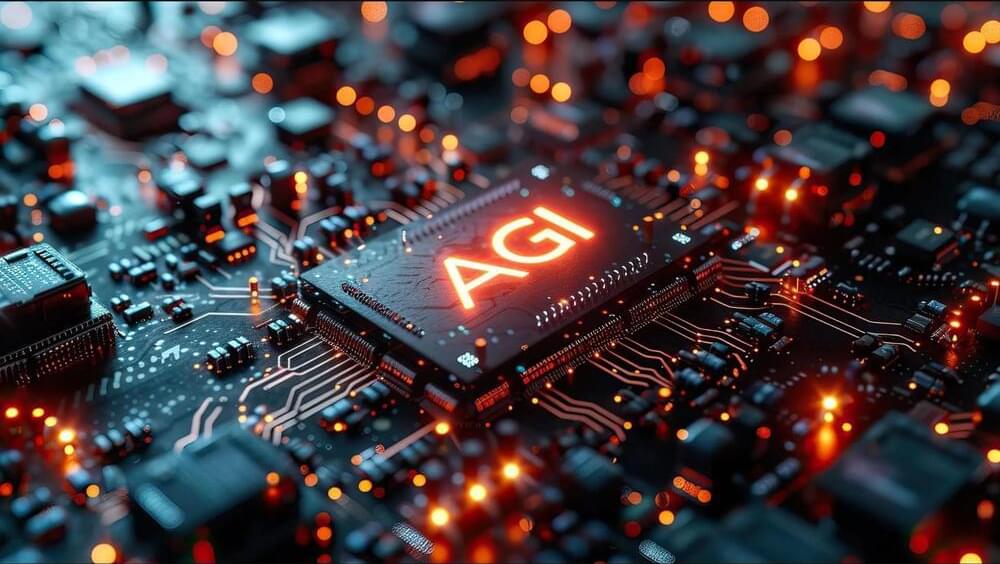In the nine decades since humans first produced fusion reactions, only a few fusion technologies have demonstrated the ability to make a thermal fusion plasma with electron temperatures hotter than 10 million degrees Celsius, roughly the temperature of the core of the sun. Zap Energy’s unique approach, known as a sheared-flow-stabilized Z pinch, has now joined those rarefied ranks, far exceeding this plasma temperature milestone in a device that is a fraction of the scale of other fusion systems.
A new research paper, published this month in Physical Review Letters, details measurements made on Zap Energy’s Fusion Z-pinch Experiment (FuZE) of 1–3 keV plasma electron temperatures — roughly the equivalent of 11 to 37 million degrees Celsius (20 to 66 million degrees Fahrenheit). Due to the electrons’ ability to rapidly cool a plasma, this feat is a key hurdle for fusion systems and FuZE is the simplest, smallest, and lowest cost device to have achieved it. Zap’s technology offers the potential for a much shorter and more practical path to a commercial product capable of producing abundant, on-demand, carbon-free energy to the globe.
“These are meticulous, unequivocal measurements, yet made on a device of incredibly modest scale by traditional fusion standards,” describes Ben Levitt, VP of R&D at Zap. “We’ve still got a lot of work ahead of us, but our performance to date has advanced to a point that we can now stand shoulder to shoulder with some of the world’s pre-eminent fusion devices, but with great efficiency, and at a fraction of the complexity and cost.”






